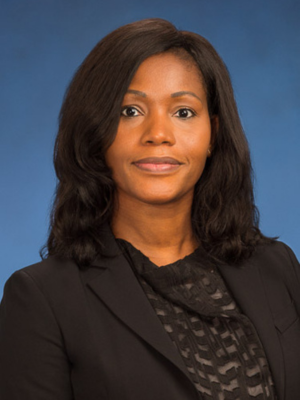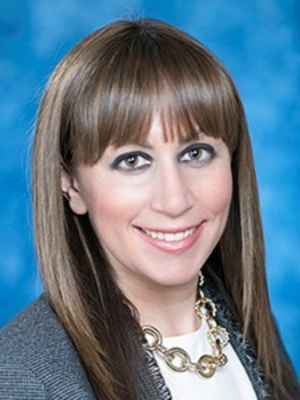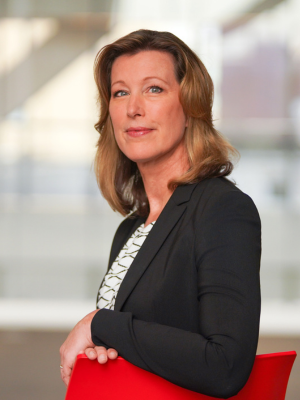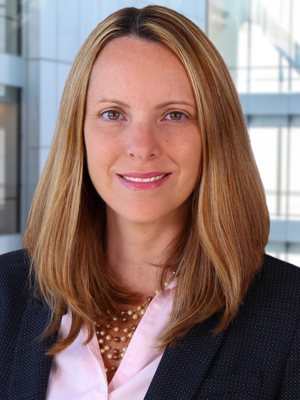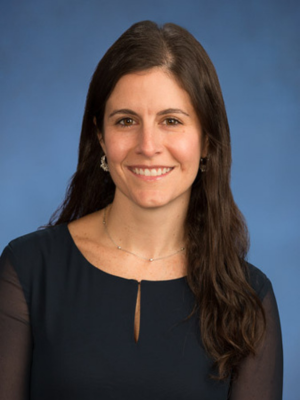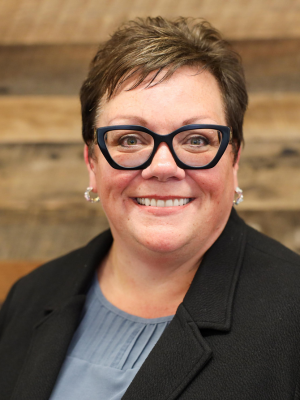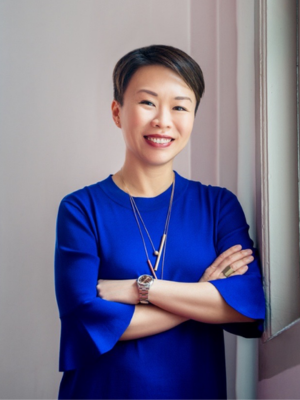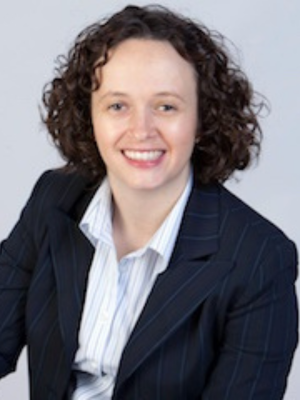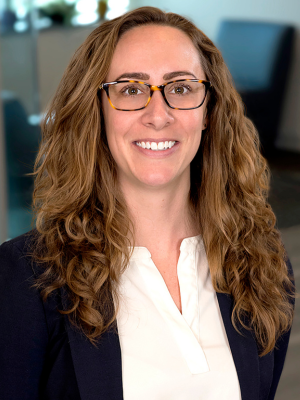 “While I’ve always worked in travel, this role is truly unique because we’re saving lives,” says Jennifer Marsland. “That’s what makes this company and our work so meaningful.”
“While I’ve always worked in travel, this role is truly unique because we’re saving lives,” says Jennifer Marsland. “That’s what makes this company and our work so meaningful.”
A Passion for Sales in Travel Risk Management
For nearly two decades, Marsland has thrived in the travel industry, energized and excited to drive sales in a space she is personally passionate about.
“Once you’re in the travel industry, you never want to leave,” says Marsland. “I talk to friends who’ve been in travel for years, and we all say the same thing: What else would we do? I love that this job takes you all over the world and lets you connect with people about where they’re going and what they’re experiencing.”
Now as Head of Sales for World Travel Protection, Marsland is thrilled to take that passion to the next level by being involved in an area of the industry that makes a tangible difference in people’s lives.
“I’ve always been in sales. My first real job was in a shoe store, so I feel like I’ve always sold something. But here, we’re not just selling, we’re saving lives. We’re helping business travelers travel safer and get the care they need.”
World Travel Protection specializes in helping business travelers navigate risks, from securing accommodations in safe areas to managing major crises like medical emergencies, political unrest, or natural disasters. Marsland’s belief in the company’s mission is deeply personal. She recalls the moment she landed in Paris in 2015, just as terror attacks unfolded, leaving the city in lockdown. “It was pretty scary with flights canceled, uncertainty everywhere. How do you navigate that?” That experience solidified her understanding of the real need for travel risk management.
Returning to the travel industry after a brief pivot during the pandemic, Marsland is energized by the chance to build something new as the Head of Sales for North America. “They were looking for someone to develop their North American sales team and drive growth. Now more than ever, people need what we do.”
Keys to Success: Positivity and Adaptability
A strong belief in positivity has been a guiding force throughout Marsland’s career. “One of my core leadership values is positivity. I truly believe things happen for a reason, and that even when difficulties arise, it will all work out in the end.”
Beyond optimism, Marsland credits adaptability as essential. Having worked at a company where she reported to 17 different managers in 15 years, she learned to navigate constant change. “Whether it’s a reorg, a job change, a new manager, stick it out, things will shift. If a move wasn’t right, it will course-correct. You’ll get a different manager, or land in the right role. It’s about being open to change.”
Marsland’s own adaptability was tested during COVID-19, when the travel industry ground to a halt. Instead of waiting for things to return to normal, she pivoted to a Silicon Valley startup specializing in identity verification technology. The shift forced her to stretch beyond her usual expertise and reinforced an important lesson: “You also have to be willing to take risks. No one is going to tap you on the shoulder and promote you. You have to apply, ask, put yourself out there.”
Learning from the Best
Marsland’s tenacity stems from an early mentor: her mother. A successful artist and master negotiator, her mother taught her the value of asking for what she wanted. “She negotiated all her own contracts. She passed away ten years ago, but we’re still getting royalties because her contracts were so strong.”
As a self-described shy child, Marsland credits her mother for pushing her outside her comfort zone, whether encouraging her to take a job selling shoes in college or urging her to seize new opportunities.
“She really influenced how I approached my career — whether it was landing a job, excelling in a role, or advocating for myself. I often think back to how she never hesitated to ask for what she wanted or go after opportunities.”
Listening and Letting Go
Among the most important skills Marsland’s honed as a leader is the ability to listen. “I always remind myself to listen to understand, not to respond.”
In sales, this lesson is particularly relevant. Too often, she notes, salespeople focus on delivering information rather than asking the right questions and truly hearing the customer’s needs.
Another key insight she highlights is letting go of the need to dictate how things get done, particularly as leadership requires a shift from being an individual contributor to keeping the larger picture in mind. “I’ve been in sales. I know how I would do it. But I’ve learned that different people have different styles — and that’s a good thing.”
She recalls a former manager who exclusively hired people with identical approaches. “You end up with a team that lacks diversity in thinking. I don’t think that’s great for business.”
In building the team at World Travel Protection, Marsland is intentional in looking for diverse viewpoints and approaches. “I want different perspectives, different strengths. One person might be great at presentations; another might excel in negotiations. As long as the job gets done, I don’t need everyone to work the same way.”
Mentorship and Women in Leadership
Committed to supporting the next generation of female leaders, Marsland mentors through GBTA’s (Global Business Travel Association) WINiT program. She helps mentees explore what they want to do next in their career, touching on such issues as how to showcase leadership skills or build out a better resume.
“I impart experiences that I’ve been through and what’s worked for me, encouraging them to talk to other women within the industry that they admire and learn from them.”
Interestingly, Marsland’s own mentors have primarily been men. “I’ve worked in male-dominated industries, so that’s just how it worked out. But now, at World Travel Protection, I’m surrounded by strong female leaders. My boss’s entire leadership team is women. Even at our parent company, Zurich Insurance Group, more than half of the executive leadership team is women. It’s refreshing to be in an environment where female leadership is the norm.”
Building for the Future
At this stage in her career, Marsland finds the greatest satisfaction in building, whether it’s teams, strategies, or relationships. “You don’t always get the chance to leave your mark, but I feel like I’m doing that here — this is my team, and I’m shaping what we’re building.”
With geopolitical shifts, evolving risks, and an increased focus on corporate travel safety, she sees immense opportunity ahead. “Companies need risk management now more than ever. We have great momentum, a strong team, and a supportive leadership structure. This year is going to be an exciting one.”
Work-life integration also plays a role in her enthusiasm. “World Travel Protection makes it easy. Sometimes I have late-night calls with Australia, but if I need to step out during the day for an errand, I can. That flexibility makes all the difference.”
Having that flexibility also allows Marsland to care for her six beloved pets: two dogs and four cats. And while travel is central to her career, it’s just as much a passion in her personal life. “I try to visit a new destination every year. We just booked Argentina and Uruguay. But my favorite place is Tokyo — I’ve been nine times, and I’d go again in a heartbeat. I’ll travel anywhere, anytime, just for the experience.”
By Jessica Robaire

